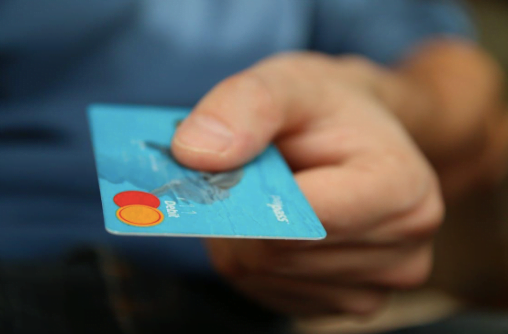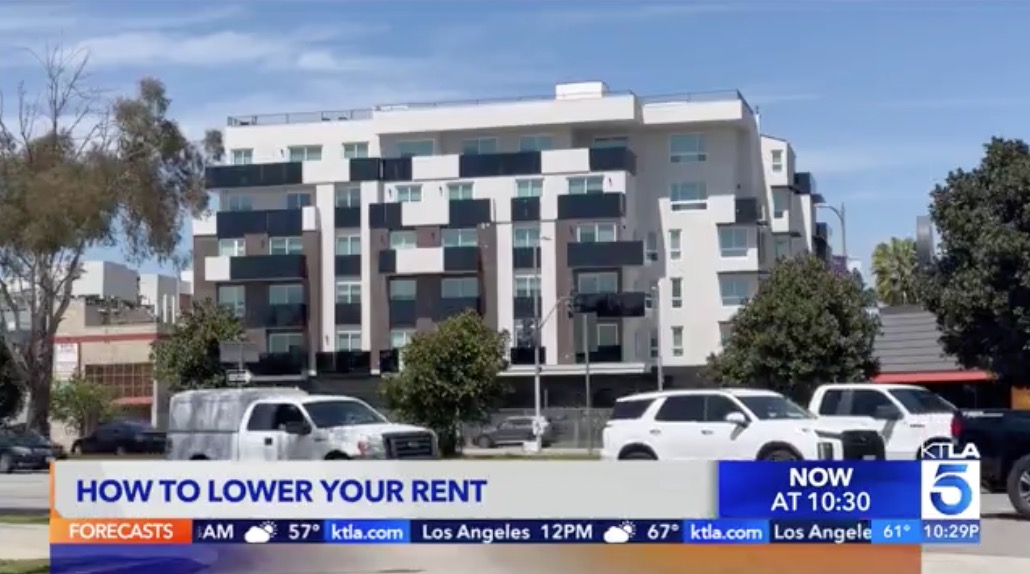Building credit may sound challenging, but it is not that difficult once you know how to begin. Having a good credit score is important for making several major financial decisions, such as securing a rental home.
If you are starting from square one, the first step is to establish a credit history. A good credit score allows you to avail lower interest rates, better approval rates, higher credit limits, and various credit card benefits. Here are some useful tips for building credit:
Get a Secured Credit Card
An upfront cash deposit supports a secured credit card. The amount is usually equal to your credit limit. The minimum and maximum deposit amount may differ from one card provider to another.
You can use this card just like any other credit card. You can purchase items, make payments on or prior to the due date and even incur interest if you fail to pay your balance completely. Your deposit will be returned once you close the account.
However, you cannot use secured credit cards indefinitely. This card is essentially designed for you to accumulate enough credit to be eligible for an unsecured card.
It is best to select a secured credit card with a low annual fee. Moreover, make sure that it communicates all payment data to credit bureaus. Your credit score is calculated by using data collected in your credit reports.

Become an Authorized User
If you are facing difficulty qualifying for a credit card on your own, you can opt for becoming an authorized user. This way, you will be added to an existing credit card account and receive your own card.
However, the original card holder would still be responsible for making the payments. This implies that the account owner must trust you to use the card sensibly. Negative activities, such as missed payments, could leave a bad impact on both your credit ratings.
A positive payment history of the account would be added to your credit report and go towards forming your credit score. Nevertheless, as you would not manage the account and make payments, your creditworthiness would improve only to a limited extent.
It is a good idea to engage in an honest conversation about your potential account owner’s credit along with your own spending patterns. Some cards even let the original cardholder set spending restrictions for authorized users.
Build Credit with a Co-Signer
You can ask for the help of a co-signer to receive your first credit card. By becoming a signatory with you on a credit card application, a co-signer agrees to make the payments in case you are unable to. Using a credit card conscientiously is the only way to build credit with a co-signer.
Having a co-signer is quite similar to having a joint account with another person. However, there are certain differences. In a joint account, both the account holders are equal partners, whereas in a co-signer situation, the original account holder is usually the only one mentioned as the account’s owner.
Maintain Good Credit Habits
Building credit from square one can be time-consuming. Even after you have established a basic credit score, it is vital to practice good financial habits, such as:
- Making Payments Timely
Credit scoring companies carefully observe your payment history, particularly your record of making payments punctually. This can be a deciding factor in calculating your credit rating. To ensure you don’t miss out on payment dates, you can set up automatic payments. Moreover, email reminders are also useful in this regard.
- Make a Budget
Draft a budget to compare your income to your expenses. This step is crucial not only for building credit but also achieving your financial goals. Knowing how you are spending your money each month can assist you in setting aside credit card payments before you begin spending every month.
- Exceed Minimum Payments
Making the minimum payment present on your credit card statement is tempting. However, minimum payments have an interest rate associated with them. When interest accumulates, you may end up owing more money in the long run. This can make it increasingly difficult to pay off debts.
- Stay Under Credit Limit
Make sure you stay under the limit set by your credit card. Exceeding it can leave a negative impact on you. According to experts, it is not advisable to use more than 30% of the total credit score available to you.
- Handle Credit Applications Carefully
Applying for a lot of credit at once is not a good idea as it won’t expedite credit building. In fact, it can make your financial situation appear worse than it actually is. This is because your recent activity is observed while calculating your credit score. Hard inquiries can bring down your credit score.
- Track Your Credit
When building credit, it is best to monitor your credit score. By checking your score, you can avoid overspending and continue making steady progress.
Why is Credit Score Important for Renting?
When renting out property, landlords tend to play close attention to the credit score of potential tenants. A lower credit score may mean that you are less likely to be approved for the rental you are eyeing, especially if you wish to rent a home in a popular area.
For instance, if there are 10 people hoping to secure the same rental property, the landlord is likely to accept the person with the highest credit score. A tenant with a good score is likely to make rent payments on time.
Final Thoughts
Don’t worry if you don’t have a credit history yet. It is simple to start building credit to achieve your long-term financial goals, such as renting a home. You can opt for a secured credit card, become an authorized user, or build credit with a co-signer. Make sure you also maintain good spending habits, such as creating a budget, making timely payments, and staying under the credit limit.
For more renting advice, check out our other incredible blog posts here.
Searching for a new rental home? Dwellsy is here to help.








